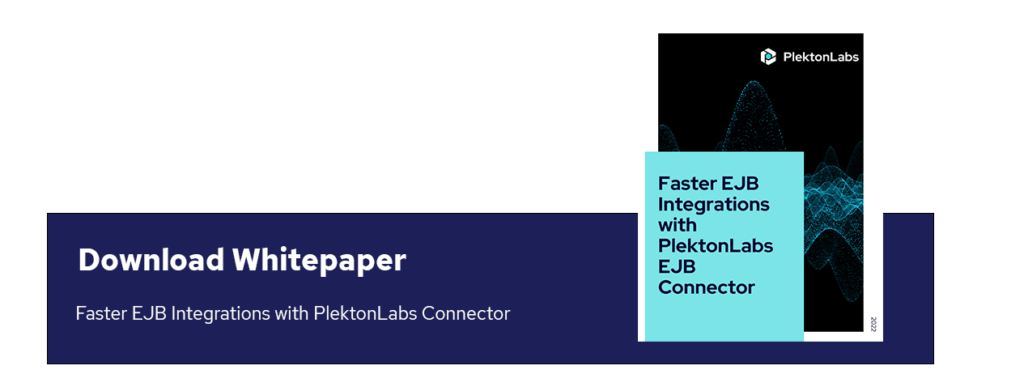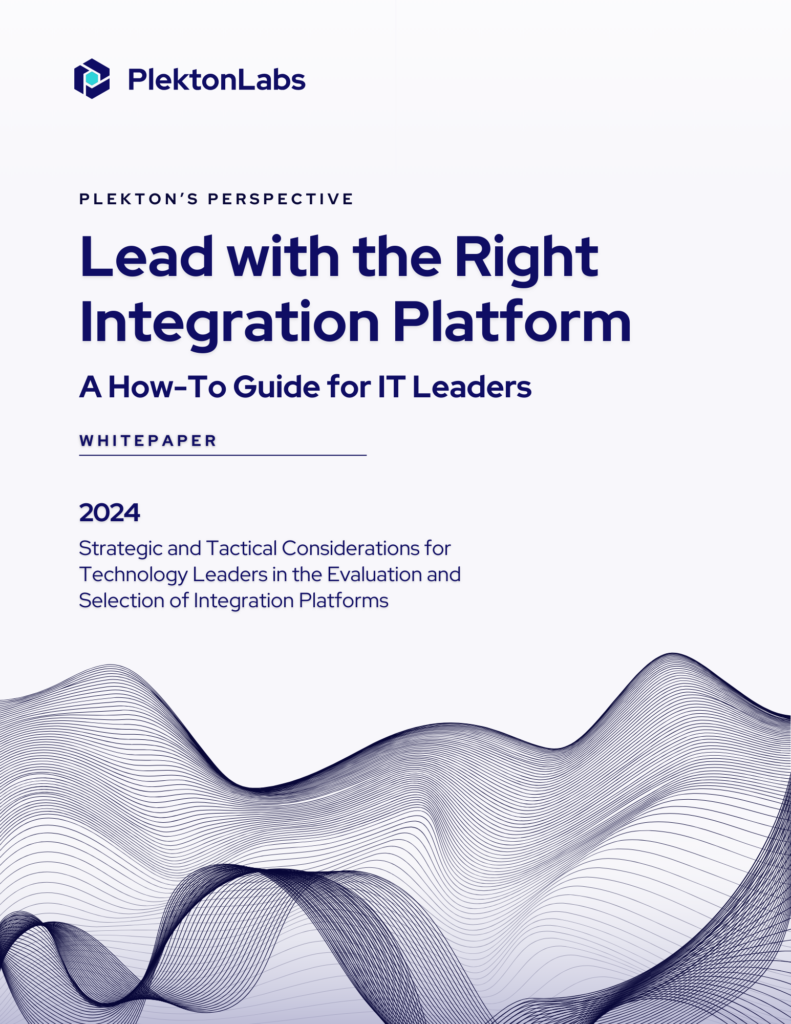As progression in technology continues at a lightning pace, it can be hard to keep up with all the changes. As soon as you get used to something, a new trend or piece of tech swoops in to replace it. Just when we got the hang of cloud computing architecture, distributed cloud computing showed up as the next shiny thing in the industry.
This article will look at what distributed cloud computing is, how it compares to other cloud models, and how your organization can best make use of it.
Distributed Cloud Computing: How It Works
Distributed cloud is simply one of the many cloud computing services out there. It enables one to deploy public cloud infrastructure across various geographic locations.
This means you can run cloud infrastructure in on-premises, other cloud providers’ data centers, or in even third-party data centers, besides your cloud provider’s infrastructure. It works by distributing a public cloud provider’s compute stack to wherever a user may need it.
Everybody involved benefits because the cloud provider still has central control over the operations, updates, security, and administration of all the distributed infrastructure. But the customer can access everything as a single cloud and manage it from a central control plane.
| Public Cloud | Private Cloud | Hybrid Cloud | Distributed Cloud | Multi-Cloud |
| These are the cloud services offered by third-party providers and can be used by anyone, like AWS or Microsoft Azure. | They are the cloud services that exist behind a company’s walls and are meant for use by certain business organizations. | In a hybrid cloud environment, a business operates both a public and a private cloud, both of which are integrated with each other. | Public cloud services are directed to various physical locations, while the public cloud provider is responsible for the security, operations, and governance of the services. | Multi-cloud operations involve the combination of public, private, and hybrid cloud models. |
Distributed cloud comes in handy because there is one central location that manages resources in different locations. As a result, services are consistent and stable.
Centrally managed distribution of public cloud services allows businesses to deploy and run applications or individual application components in different cloud locations and environments that are tailored to meet specific needs.
For most businesses, distributed cloud services solve many issues and inconsistencies that arise with the use of hybrid and multi-cloud services.
How Distributed Cloud Services Benefit Enterprises
It’s no surprise that the reinforced consistency that distributed cloud computing brings to the table leads to better customer experiences. It enables organizations to manage and interact with data better in real-time.
This, in turn, allows businesses to better respond to customer expectations by customizing solutions and services based on individual customer needs. Moreover, reliable data allows decision-makers to come up with insightful strategies and plans that nudge the enterprise in the right direction.
In addition, distributed clouds offer more security. While many people assume data distributed across different networks is less secure, the combination of company protocols, administration policies, IT regulations, and proper management ensures sensitive data is well-shielded from breaches.
Also, the distributed cloud allows businesses to take advantage of things like edge computing, Machine Learning, and Artificial Intelligence. Besides an increase in profit margins, the use of business intelligence gives companies a leg up over their competition.
The most significant advantage of distributed cloud computing is that it allows for a diverse and personalized cloud strategy based on specific business requirements. The flexibility and agility it offers are great because enterprises can select the infrastructure, services, and cloud providers depending on the issues they want to address.
In a Nutshell
The future of the industry may very well lie in distributed cloud computing. It is appealing to enterprises because it offers a centralized control plane for users while solving many of the issues that hybrid and multi-cloud have.
PlektonLabs has a range of cloud services that simplify your infrastructure and offer greater scalability, all while keeping your data secure.





